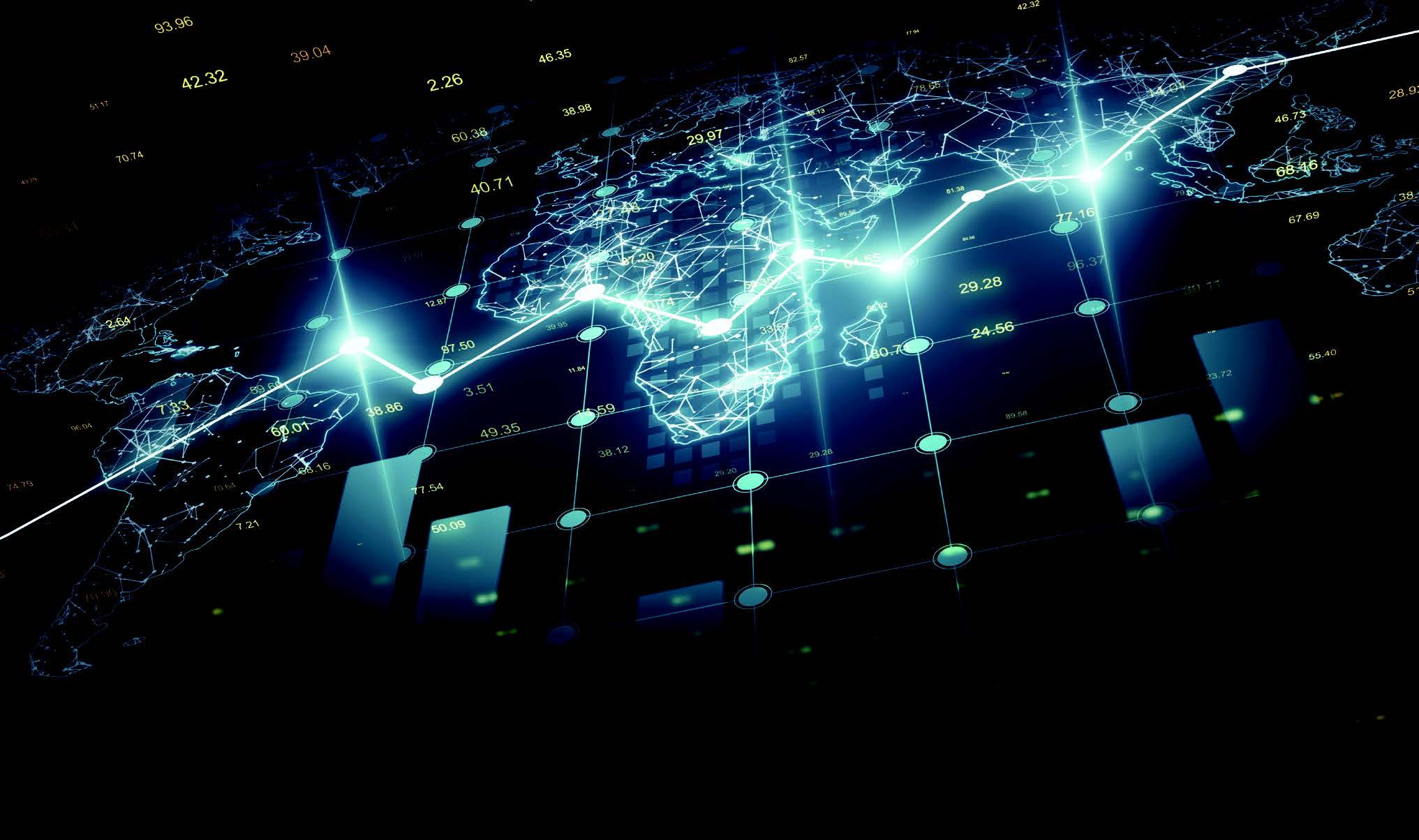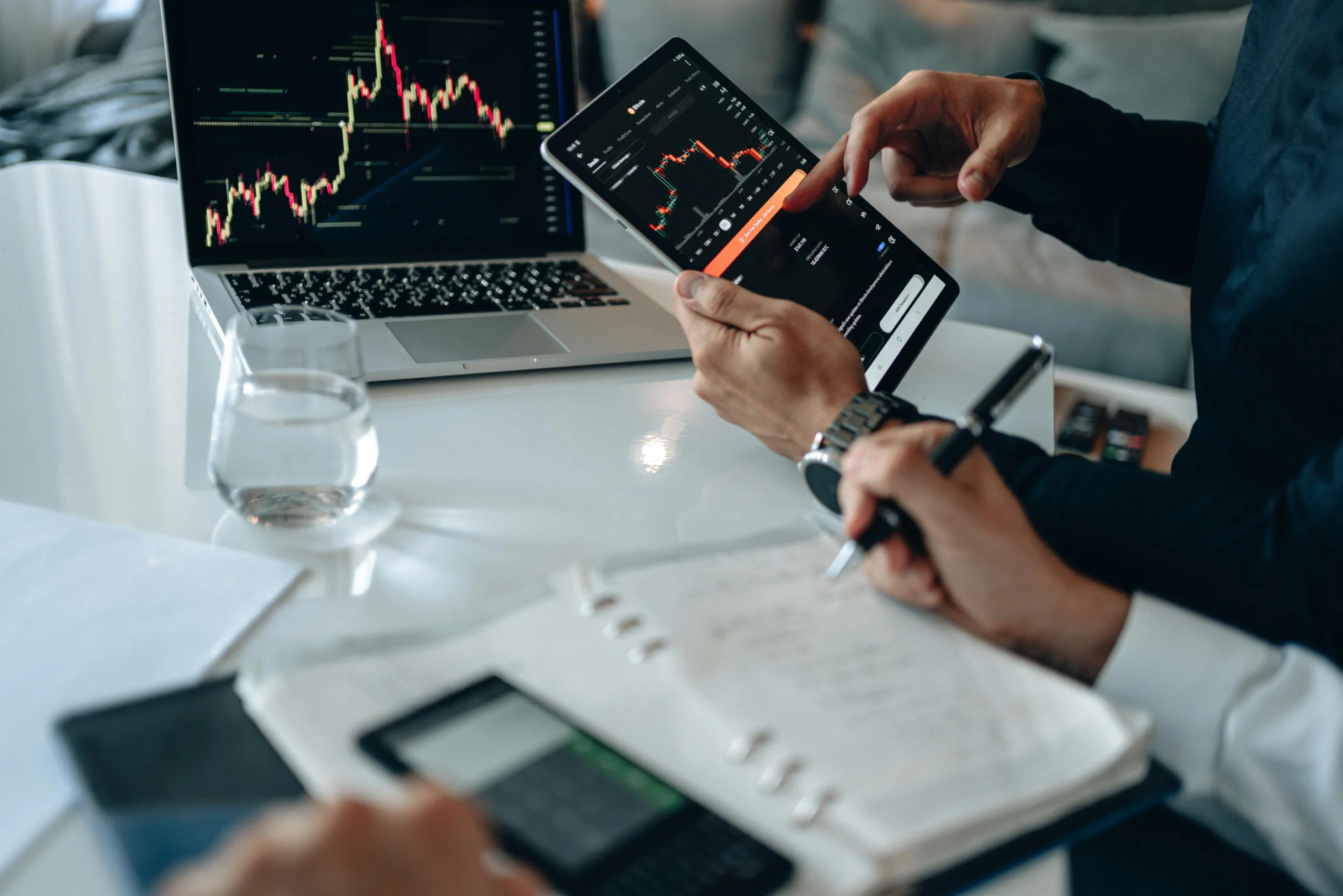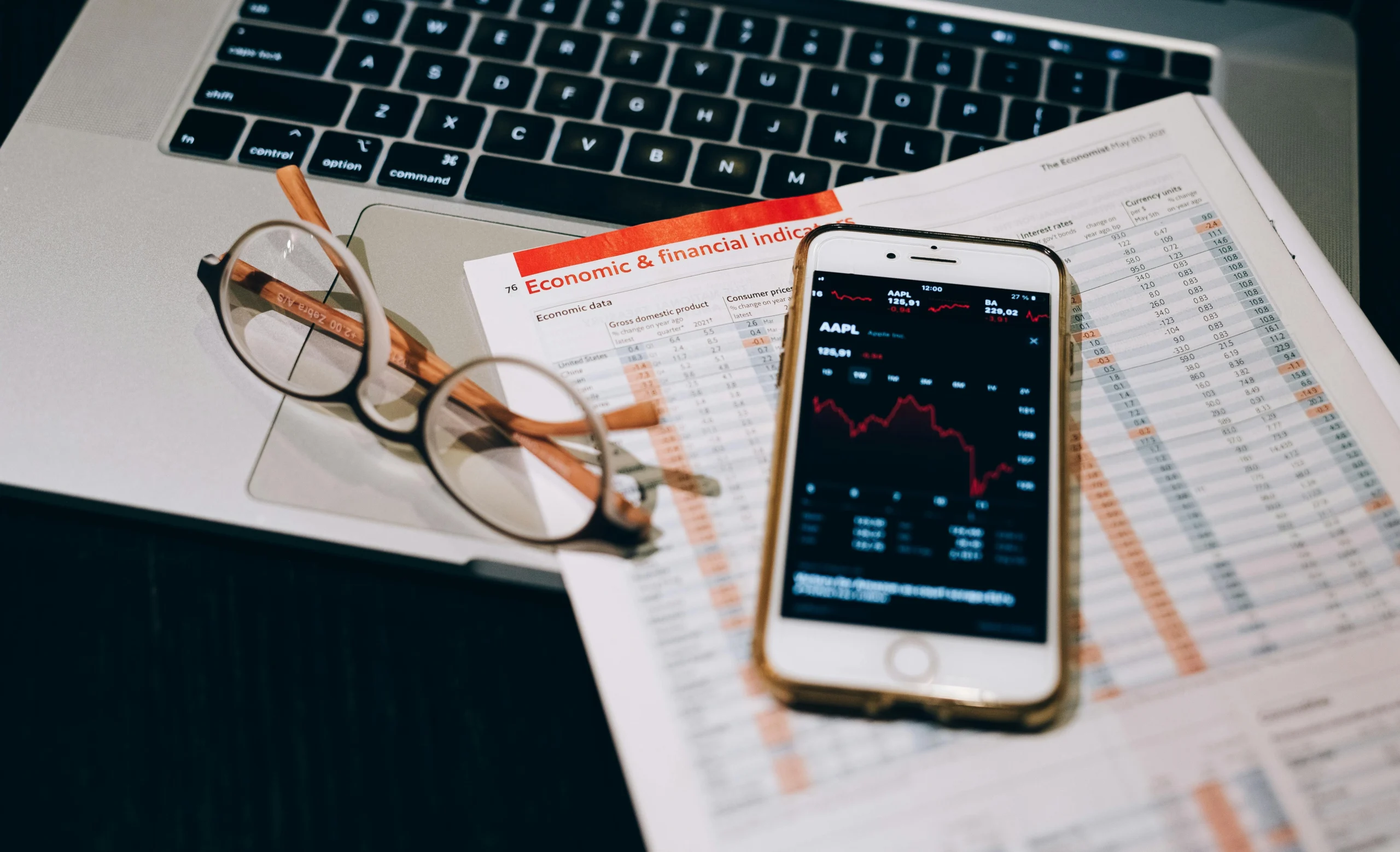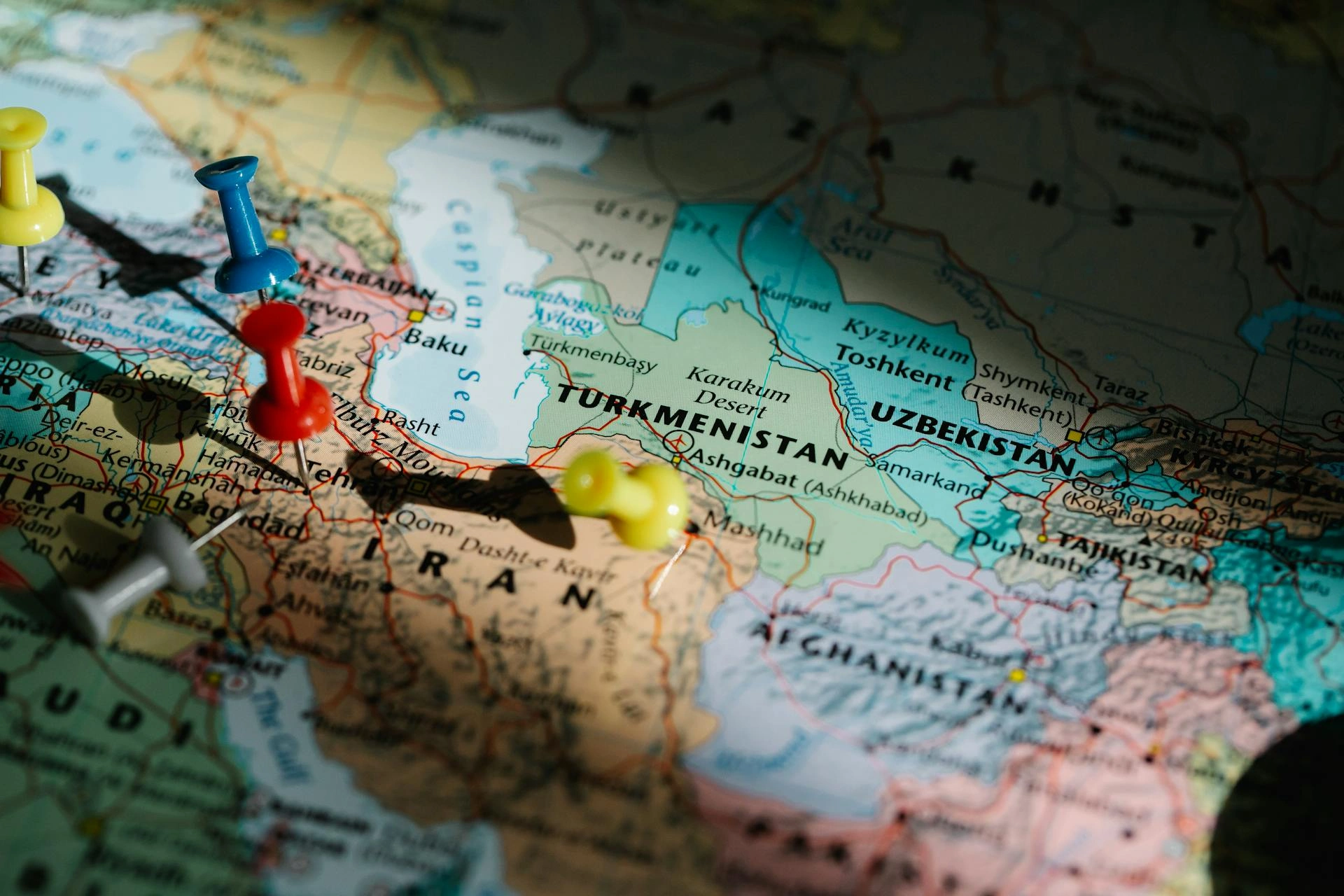Navigating the perils of international trade

John E. Kaye
- Published
- Banking & Finance, Home

Graham Bright of Euro Exim Bank looks at the main challenges facing businesses around the world in the face of growing economic volatility
International trade is the heartbeat of the global economy, creating wealth and promoting financial inclusion. However, we are also more aware than ever of political upheaval, wars, rising energy prices, inflation, strikes, raw material shortages and transport costs, all compounding to make 2022 the most challenging on record. And we can identify the main challenges confronting modern trade as follows:
Proximity – Buyers and sellers are geographically distanced. They rarely meet and must establish trust, agree modes of operation, agree timelines for order placement and delivery, while also contending with high transport costs and risk.
Transport – Container prices have risen substantially, as has the fuel for vehicles to transport goods. Critical raw materials, such as precious metals for batteries are also in short supply. This is further affected by the conflict in Ukraine, displacement of containers and rising general material costs.
Trade restrictions – All countries have customs duties on imports and suffer tariffs on exports with their own regulations, which are changing frequently and usually in isolation. The International Chamber of Commerce is a major force recommending standardising information, documents, details, rules and agreements, conditions, and contract terms to facilitate rapid, secure, electronically-backed trade.
Documentation – Trade documents still have unstructured data, requiring a wet signature. With the introduction of the Model Law on Electronic Transferable Records (MLETR) – aimed to enable the legal use of electronic transferable records – title and possession may pass electronically instead of dependency on paper documents.
Insufficient market knowledge – Successful trade depends on market knowledge. Each market is different, with their own customs, regulations, type of goods, consignees, middlemen, agents, cargo size, minimum and maximum deal size, etc. Having local people – well versed in the mechanics of trade, regulation and customs – is vital to the sustainability of healthy business.
Payment and liquidity – Lack of liquidity, where local banks are unable or unwilling to support foreign transactions, immediately discourages buying from abroad and disintermediation in large trade deals. is is clearly untenable for smaller traders as this effectively kills their working capital, the lifeblood of business. Buying from abroad is also discouraged by bad debt risk, the high value of the US dollar, costly and often prohibitive exchange rates vs local currency.
Euro Exim Bank remains dialled into the challenges highlighted in this article. Understanding them is our job, and we pride ourselves on supporting our clients in this constantly changing environment. Global trade is confronted with new challenges every day, which is why your business partners must be ahead of the curve.
ABOUT THE AUTHOR

Dr Graham Bright is Head of Compliance and Operations at Euro Exim Bank Ltd.
Further information
RECENT ARTICLES
-
 Managing cross-border risks in B2B e-commerce
Managing cross-border risks in B2B e-commerce -
 J.P. Morgan launches first tokenised money market fund on public blockchain
J.P. Morgan launches first tokenised money market fund on public blockchain -
 Aberdeen agrees to take over management of £1.5bn in closed-end funds from MFS
Aberdeen agrees to take over management of £1.5bn in closed-end funds from MFS -
 Enterprise asset management market forecast to more than double by 2035
Enterprise asset management market forecast to more than double by 2035 -
 EU Chamber records highest number of entries for 2025 China Sustainable Business Awards
EU Chamber records highest number of entries for 2025 China Sustainable Business Awards -
 Inside Liechtenstein’s strategy for a tighter, more demanding financial era
Inside Liechtenstein’s strategy for a tighter, more demanding financial era -
 ‘Stability, scale and strategy’: Christoph Reich on Liechtenstein’s evolving financial centre
‘Stability, scale and strategy’: Christoph Reich on Liechtenstein’s evolving financial centre -
 Bridging tradition and transformation: Brigitte Haas on leading Liechtenstein into a new era
Bridging tradition and transformation: Brigitte Haas on leading Liechtenstein into a new era -
 Liechtenstein in the Spotlight
Liechtenstein in the Spotlight -
 Fiduciary responsibility in the balance between stability and global dynamics
Fiduciary responsibility in the balance between stability and global dynamics -
 Neue Bank’s CEO on stability, discipline and long-term private banking
Neue Bank’s CEO on stability, discipline and long-term private banking -
 Research highlights rise of 'solopreneurs' as technology reshapes small business ownership
Research highlights rise of 'solopreneurs' as technology reshapes small business ownership -
 Philipp Kieber on legacy, leadership and continuity at Interadvice Anstalt
Philipp Kieber on legacy, leadership and continuity at Interadvice Anstalt -
 Building global-ready funds: how South African managers are scaling through offshore platforms
Building global-ready funds: how South African managers are scaling through offshore platforms -
 Global billionaire wealth hits record as relocation and inheritance accelerate, UBS finds
Global billionaire wealth hits record as relocation and inheritance accelerate, UBS finds -
 Human resources at the centre of organisational transformation
Human resources at the centre of organisational transformation -
 Liechtenstein lands AAA rating again as PM hails “exceptional stability”
Liechtenstein lands AAA rating again as PM hails “exceptional stability” -
 Lusaka Securities Exchange surges ahead on reform momentum
Lusaka Securities Exchange surges ahead on reform momentum -
 PROMEA leads with ESG, technology and trust in a changing Swiss market
PROMEA leads with ESG, technology and trust in a changing Swiss market -
 Why collective action matters for pensions and the planet
Why collective action matters for pensions and the planet -
 Structuring success with Moore Stephens Jersey
Structuring success with Moore Stephens Jersey -
 PIM Capital sets new standards in cross-jurisdiction fund solutions
PIM Capital sets new standards in cross-jurisdiction fund solutions -
 Innovation, advisory and growth: Banchile Inversiones in 2024
Innovation, advisory and growth: Banchile Inversiones in 2024 -
 Digitalization, financial inclusion, and a new era of banking services: Uzbekistan’s road to WTO membership
Digitalization, financial inclusion, and a new era of banking services: Uzbekistan’s road to WTO membership -
 Fermi America secures $350m in financing led by Macquarie Group
Fermi America secures $350m in financing led by Macquarie Group



























